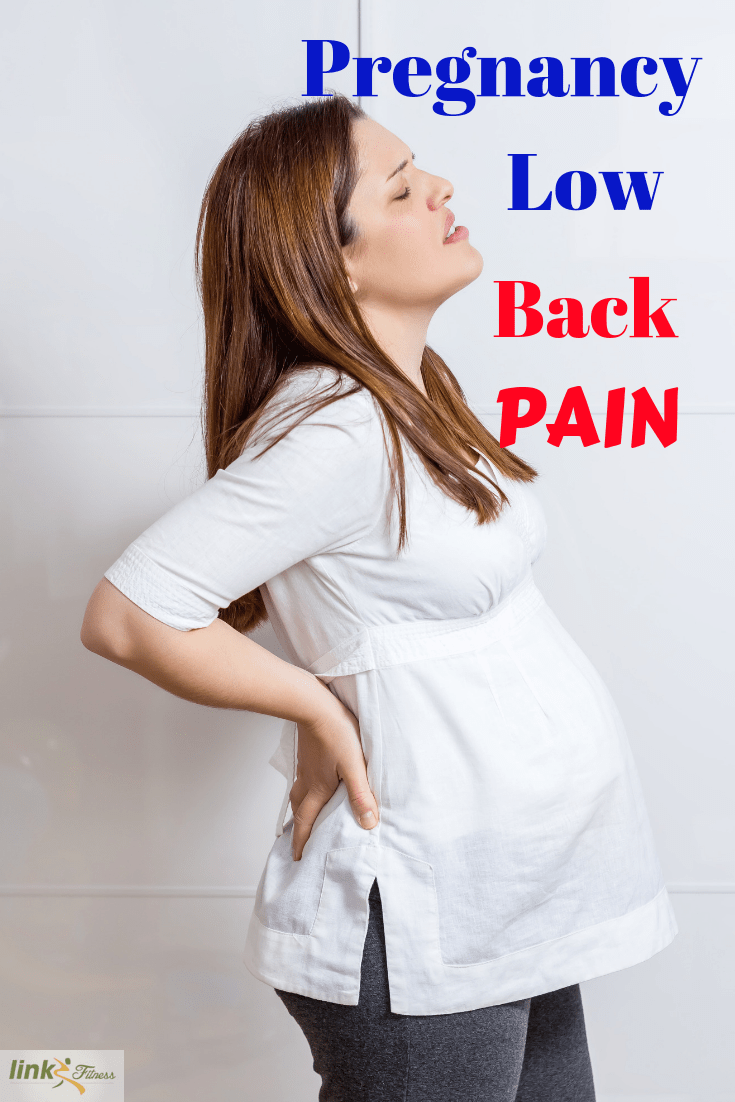During a training session with one of my female clients, I got a very important piece of feedback from her. While taking a break between sets, she informed me that she is now able to do all her household chores effortlessly. No more back pain.
Before taking up personal training, she could not do anything without feeling excruciating back pain.
I had only been training this client for two months. Such feedback is so energizing for all fitness professionals. It is a perfect reminder that it’s not always about weight loss and looking good. There are other very important benefits of exercise which no one else can see but are evident only to the participant.
Causes of low back pain during pregnancy
Why is low back pain common among pregnant women during their pregnancy and even after delivery?
During pregnancy, most women will experience low back pain at one point or the other though it frequently happens immediately after the end of the second trimester. Let me explore several causes of low back pain during pregnancy.
Weight Gain
The first cause of low back pain is weight gain. When a woman gets pregnant, she will normally increase her weight from between 25-35 pounds or even more. This increase will depend on her initial weight, her level of activity and her nutritional practices. This weight puts a lot of strain on the structures of the back resulting in back pain.
Poor Posture
The second cause is poor posture. As the fetus grows, the stomach muscles are stretched to the limit and, therefore, lose their function of stabilizing the spine. The center of gravity shifts to accommodate for the forward pull on the pelvis and the back. This constant stress to the back puts a strain on the blood vessels and nerves of the pelvis and back leading to back pain. This is especially common during the last few weeks of pregnancy.
Hormones
A hormonal change during pregnancy also contributes to this condition. A chemical called relaxin is released into the body of a pregnant woman, in the last stages of the pregnancy to prepare the body for a smooth delivery. This hormone acts by loosening the connecting structures in the hips and pelvis to allow for easier dilation at birth.
However, this hormone has got a downside. It also loosens all the other connecting tissues in the body and consequently compromises their protective capabilities. Because the tendons and ligaments don’t stretch and, therefore, offers adequate support, all the pressure caused by the increase in weight and the altered posture shifts to the back which ends up doing most of the work. This results in pain.
Stress
Another cause is emotional stress. Stress can cause muscle tension in the back and can manifest as back pain or uncomfortable muscular spasms. Other causes, though not very common, include ruptured (herniated) discs, sciatica, arthritis and other infections of the spine.
6 Ways to Prevent Low Back pain during Pregnancy
Now that you know the cause of low back pain that you have been enduring, what should you do to prevent it during the term of your pregnancy and even after?
Below are simple rules that you can immediately apply to help ease or prevent low back pain.
1.Exercise
Engage in a regular physical activity or take part in a structured exercise with the guidance of a personal trainer. Make sure your trainer has hands-on experience in pre and postnatal fitness. Exercise will help strengthen and stretch your muscles. And, as a result, you’ll be able to avoid painful pulls and strains which are so common during this period.
If you were sedentary before your pregnancy, this is not the time for breaking any records. Start slowly and always listen to your body, it will never lie. The best form of exercise includes walking, swimming, stationary cycling, Yoga and most important Pilates.
2.Posture
Do not slouch when sitting or standing. This puts a lot of stress on your back and you may end up straining it. Use proper mechanics when working, sitting and sleeping. Sleeping on the side with a pillow in between your legs helps reduce the stress on your back. When sitting, place a pillow or a rolled up towel behind your back for support. Always sit up straight, with your shoulders pulled back for a healthy and pain-free back.
3. Eat a balanced diet
Though this is not the time to set weight loss as your goal, eating well-balanced meals will help in controlling the overall weight increase, and in turn, reduce the total workload that your back has to do in keeping you erect. Less work for your back equals less back pain for you.
4. Wear low heeled shoes
If you are used to wearing high heels, switching to flat shoes won’t be that easy. However, at this point, you have no choice. Ditch your heels until after delivery. It will give your back a break for nine months from the strain caused by the poor posture that results from wearing high heeled shoes.
Walking in high heels puts a lot of stress on your low back, and it gets worse during pregnancy. It also shortens your calf muscles making them more prone to injury. If you anticipate you’ll be walking, wear comfortable shoes that give you a good support and proper blood circulation.
5. Eliminate Stress
Avoid emotional stress at all costs. Though pregnancy is stressful in itself, learning a few stress relief tips will help you handle feelings of being overwhelmed and depressed. Take time to connect with your baby. Spent time with family and friends. You can also listen to soothing music or join a Pilates class to keep you energized and fresh.
6. Smoking
If you smoke quit. It’s not good for you and it’s not good for your baby. This is the time to cultivate good eating and lifestyle habits that might even last after your pregnancy.
If you are pregnant or just had a delivery and are experiencing low back pain, suffer no more. Follow the tips above or get the services of a certified personal trainer. Hiring a trainer will help you get the benefits of working with a trained professional who will guide you during your pregnancy.
.






